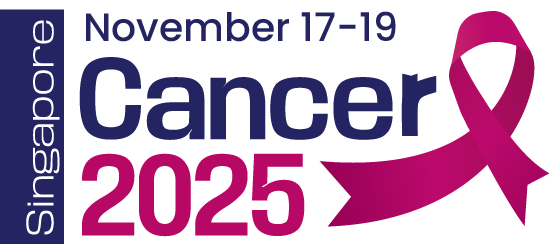Cancer Drugs, Vaccines, and Drug Development
- Innovative Drug Discovery and Development
- Targeted Therapies and Small Molecule Inhibitors
- Cancer Vaccines and Immune Modulation
- Nanotechnology and Drug Delivery Systems
- Emerging Therapeutic Modalities
- Overcoming Drug Resistance and Toxicity
Cancer drugs, vaccines, and the process of drug development are critical components in the fight against cancer, reflecting significant advancements in medical science and oncology. Cancer treatment often involves a multi-modal approach, utilizing various drugs, including chemotherapy, targeted therapy, and immunotherapy, each designed to target specific aspects of cancer cells. Chemotherapy remains a cornerstone of cancer treatment, employing potent chemicals to kill rapidly dividing cells, but it often comes with considerable side effects due to its impact on healthy cells as well. Targeted therapies have emerged as a promising alternative, focusing on specific molecular targets associated with cancer, thereby minimizing damage to normal cells. Drugs like trastuzumab (Herceptin) for HER2-positive breast cancer exemplify this approach, providing more effective and less toxic treatment options. Immunotherapy has gained prominence in recent years, harnessing the body’s immune system to recognize and destroy cancer cells. Treatments such as checkpoint inhibitors, CAR T-cell therapy, and monoclonal antibodies have revolutionized the treatment landscape, offering new hope for patients with advanced or hard-to-treat cancers.
In addition to drugs, cancer vaccines play a vital role in both prevention and treatment. Preventive vaccines, like the HPV vaccine, can significantly reduce the incidence of cervical and other HPV-related cancers. Therapeutic vaccines, on the other hand, aim to treat existing cancers by stimulating an immune response against cancer cells. The development of such vaccines is an area of active research, with promising candidates undergoing clinical trials. The drug development process itself is complex and rigorous, typically involving multiple phases of clinical trials to assess safety, efficacy, and optimal dosing. The journey from laboratory discovery to market approval can take over a decade, requiring collaboration among researchers, clinicians, and regulatory agencies. The integration of advanced technologies such as artificial intelligence and genomic sequencing into drug development is enhancing the speed and precision of identifying potential therapeutic targets. As the understanding of cancer biology continues to evolve, the ongoing development of new drugs and vaccines holds promise for more effective treatments, personalized medicine approaches, and improved patient outcomes. The concerted efforts of researchers, clinicians, and the pharmaceutical industry aim to bring innovative solutions to the forefront, addressing the challenges posed by various cancer types and contributing to the global fight against this disease.
